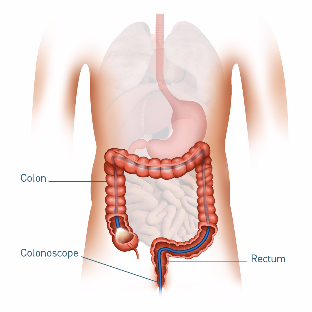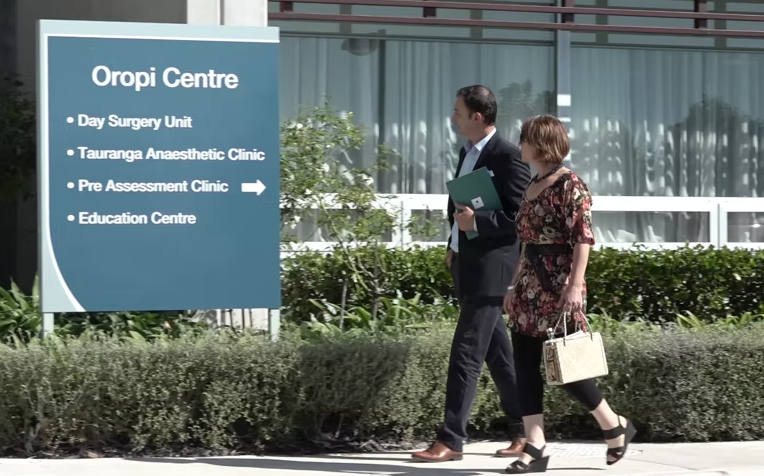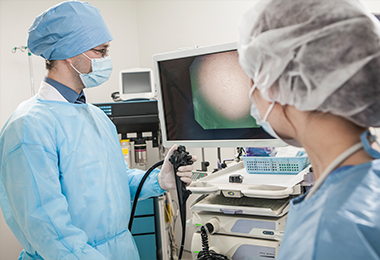- Track your orders
- Save your details for express checkout
Colonoscopy
What is a colonoscopy?
A colonoscopy is a test that allows your specialist (doctor) to look at the lining of your large bowel (colon) to see if there are any abnormalities or disease. This is done using a soft, bendable tube called a colonoscope. The colonoscope has a camera and light on the end. Your specialist will insert the colonoscope into your rectum and along the large bowel. Pictures of the inside of your bowel will then be seen on a video screen.What happens during a colonoscopy?
You will be asked to put on a hospital gown and your nurse will take you to the room where you will have the colonoscopy. To help you relax and be as comfortable as possible, you will be given a sedative and a painkiller. The medicine may make you feel sleepy and afterwards you might not remember having the test.
You will be asked to lie on your side or back and your specialist will gently insert the colonoscope into your rectum using some lubricating jelly. Your specialist will slowly insert gas into your bowel through the colonoscope to inflate it slightly to make it easier to see the bowel lining.
Your specialist may pass an instrument through the colonoscope and take a very small piece of the bowel lining (biopsy). This can be looked at under a microscope to identify many conditions and your specialist may take a biopsy even if cancer is not thought to be the problem. If your specialist finds growths (polyps) during the test, they will most likely remove them.
If the colonoscopy is being done because you have had bleeding from your rectum, your specialist may stop the bleeding by injecting drugs, sealing the bleeding area with heat treatment or by using small clips.
Will I need to stay overnight at the hospital?
A colonoscopy is a day-stay procedure, which means you can go home after the test. You must be taken home by a responsible friend or family member and be cared for that day and night, or have someone on hand in case of any problems.
For more information on what to expect before and after your colonoscopy, please click on the links below to download our information pamphlets.




